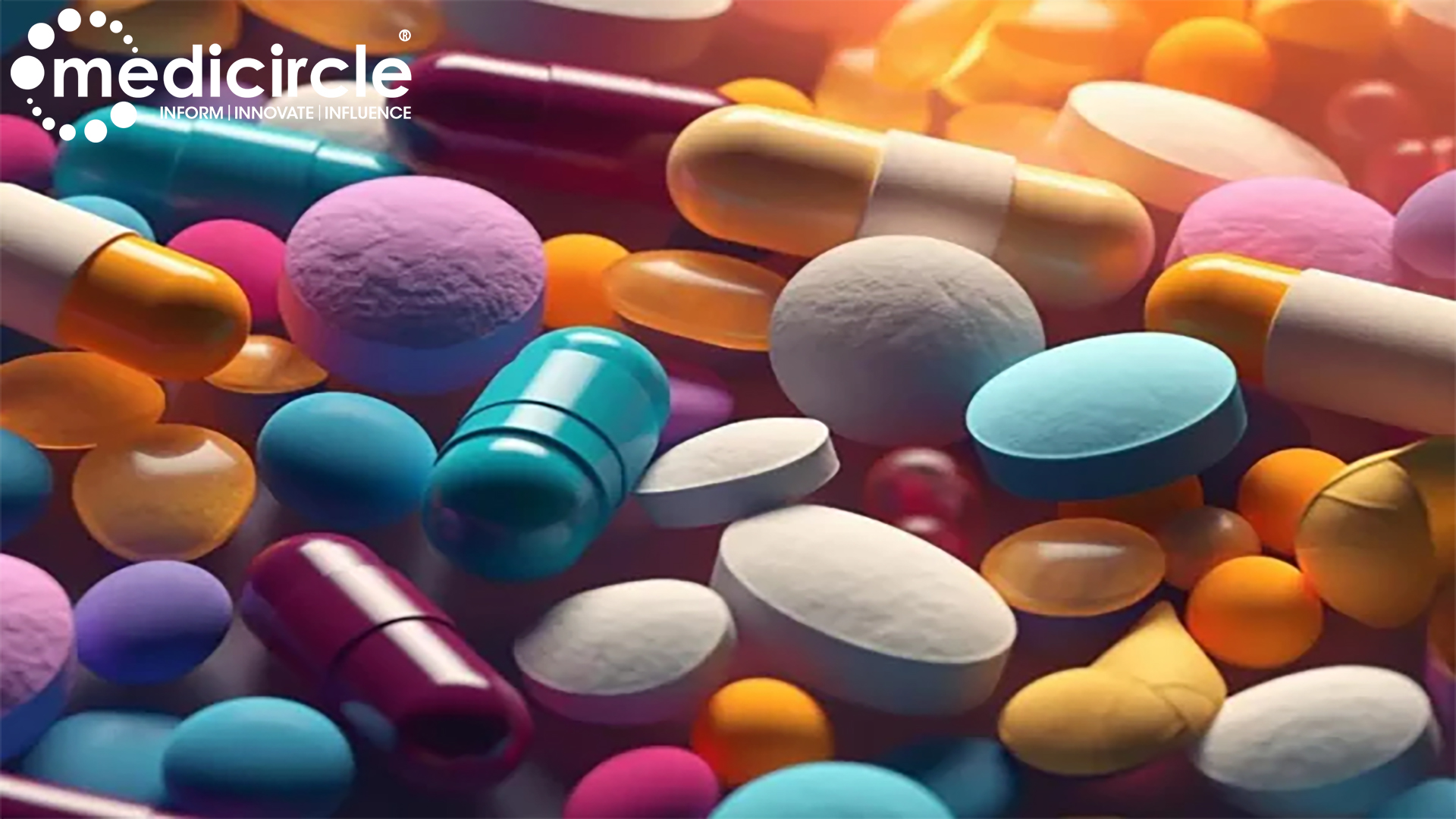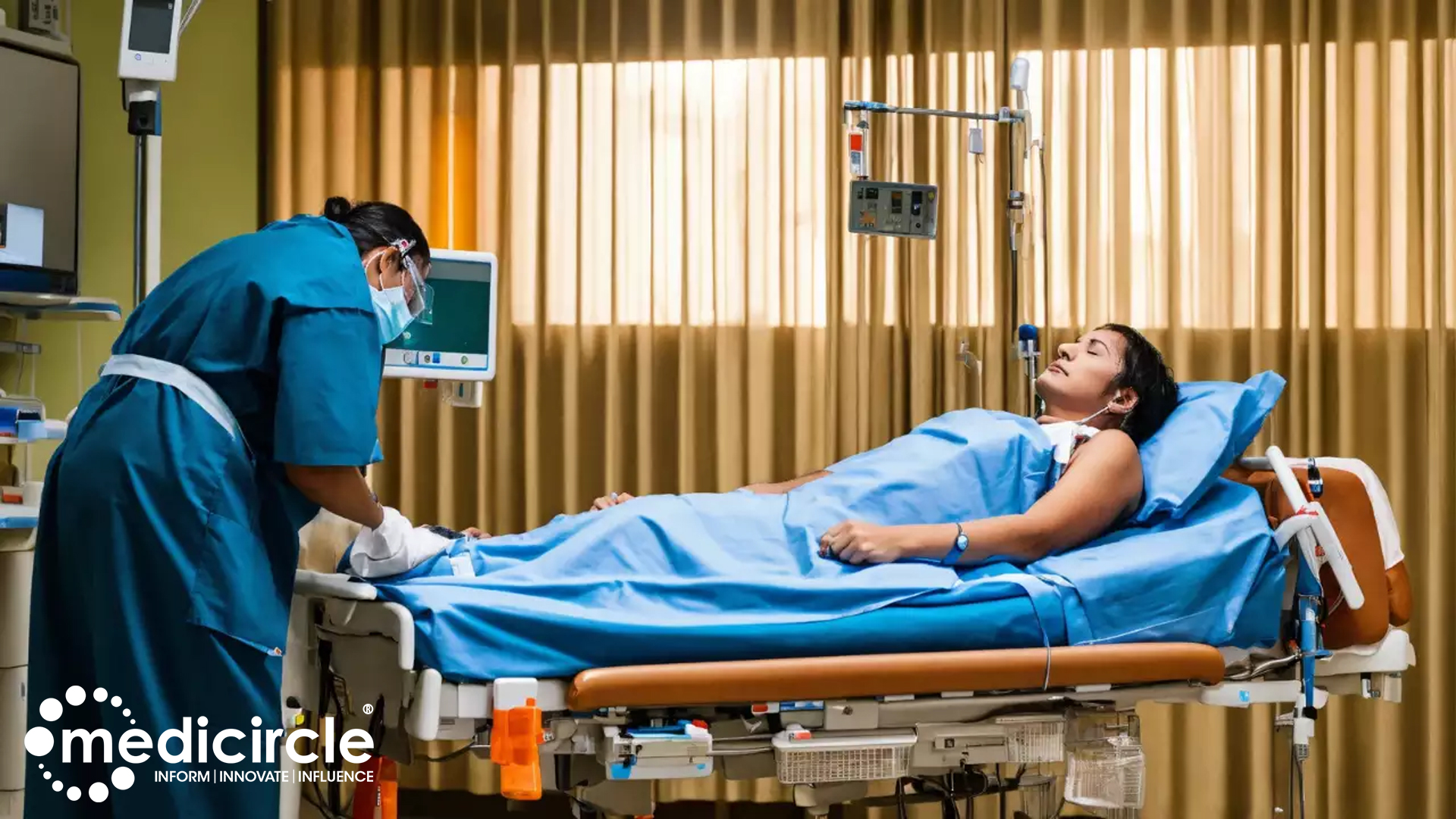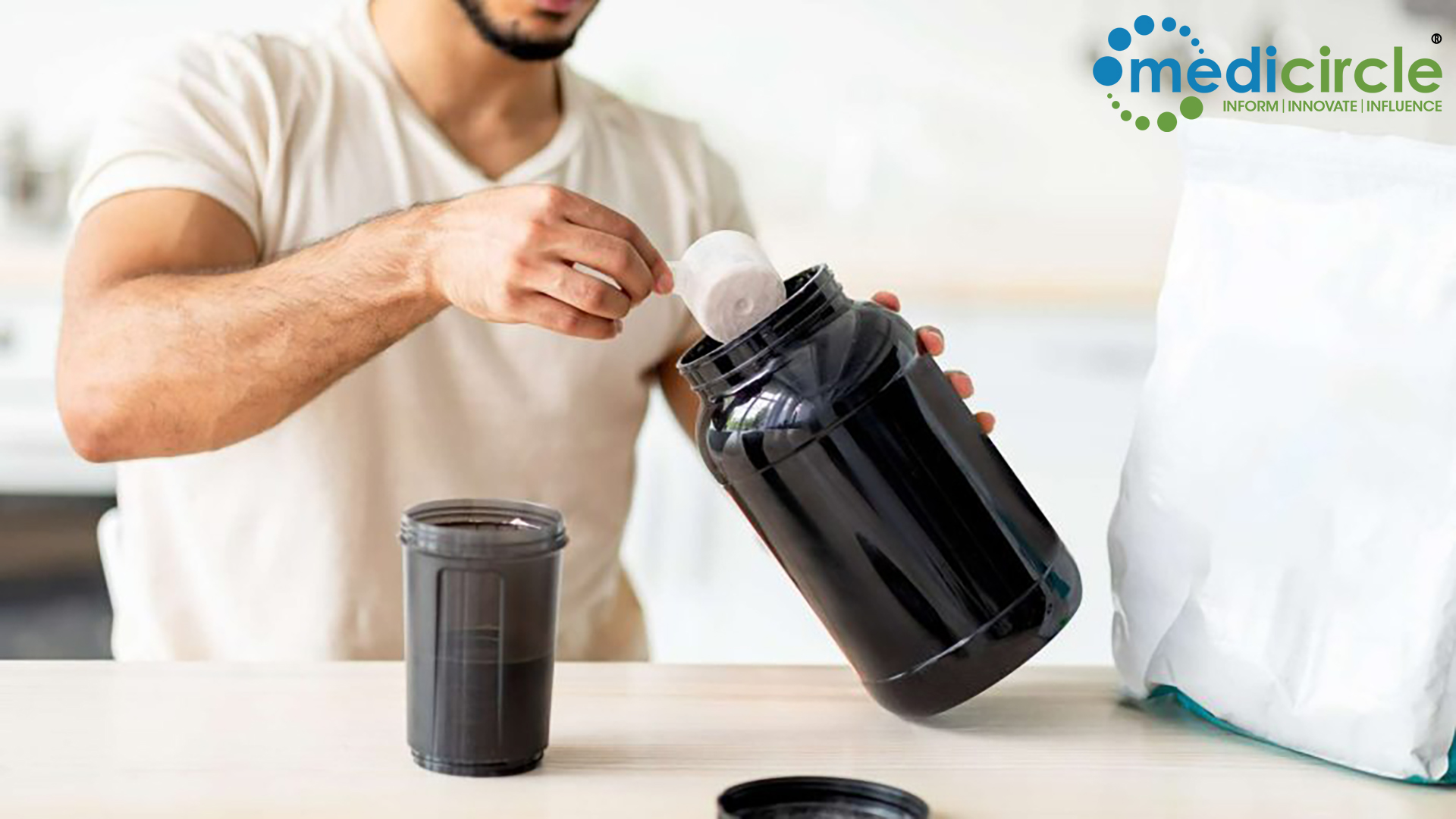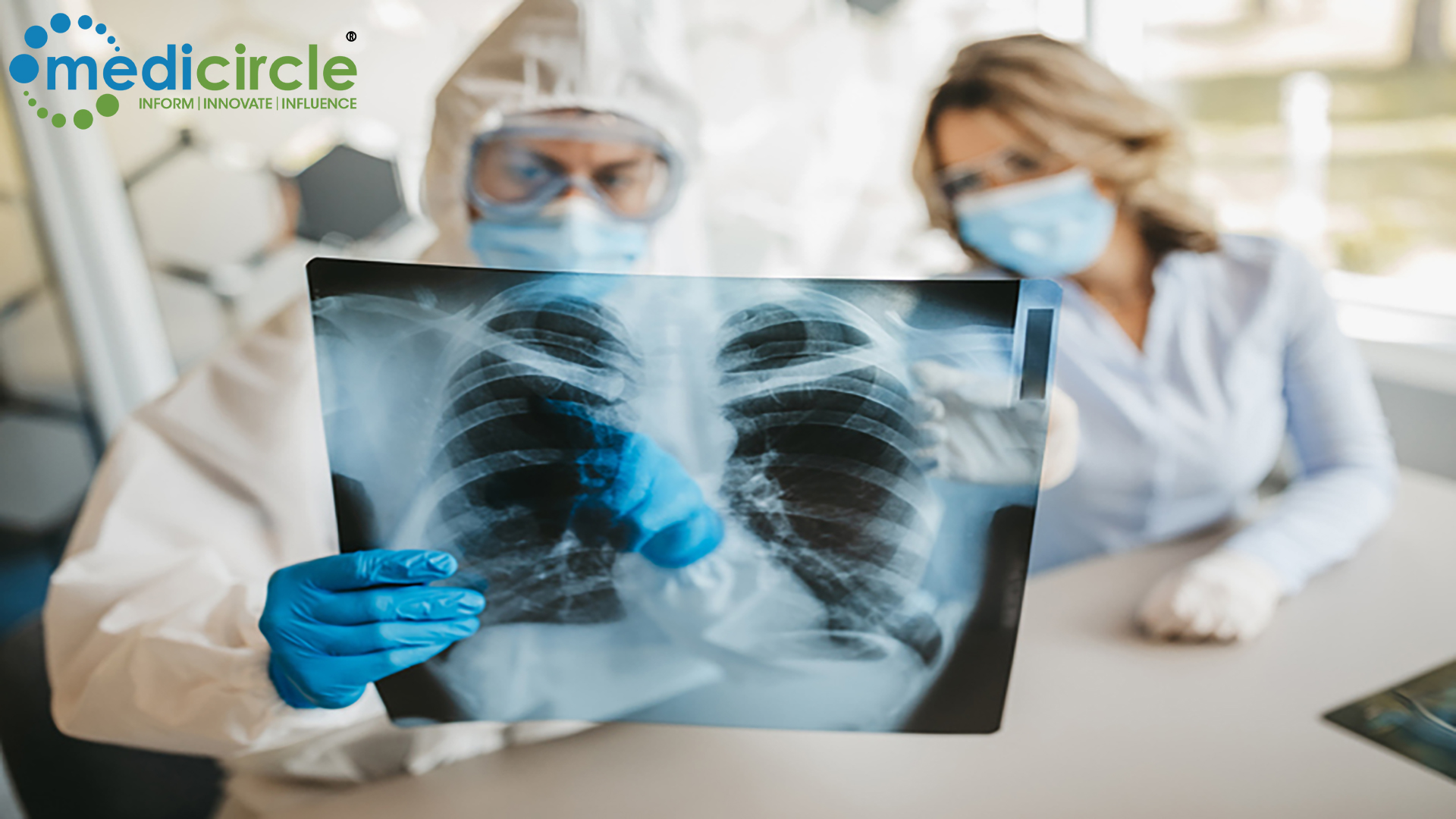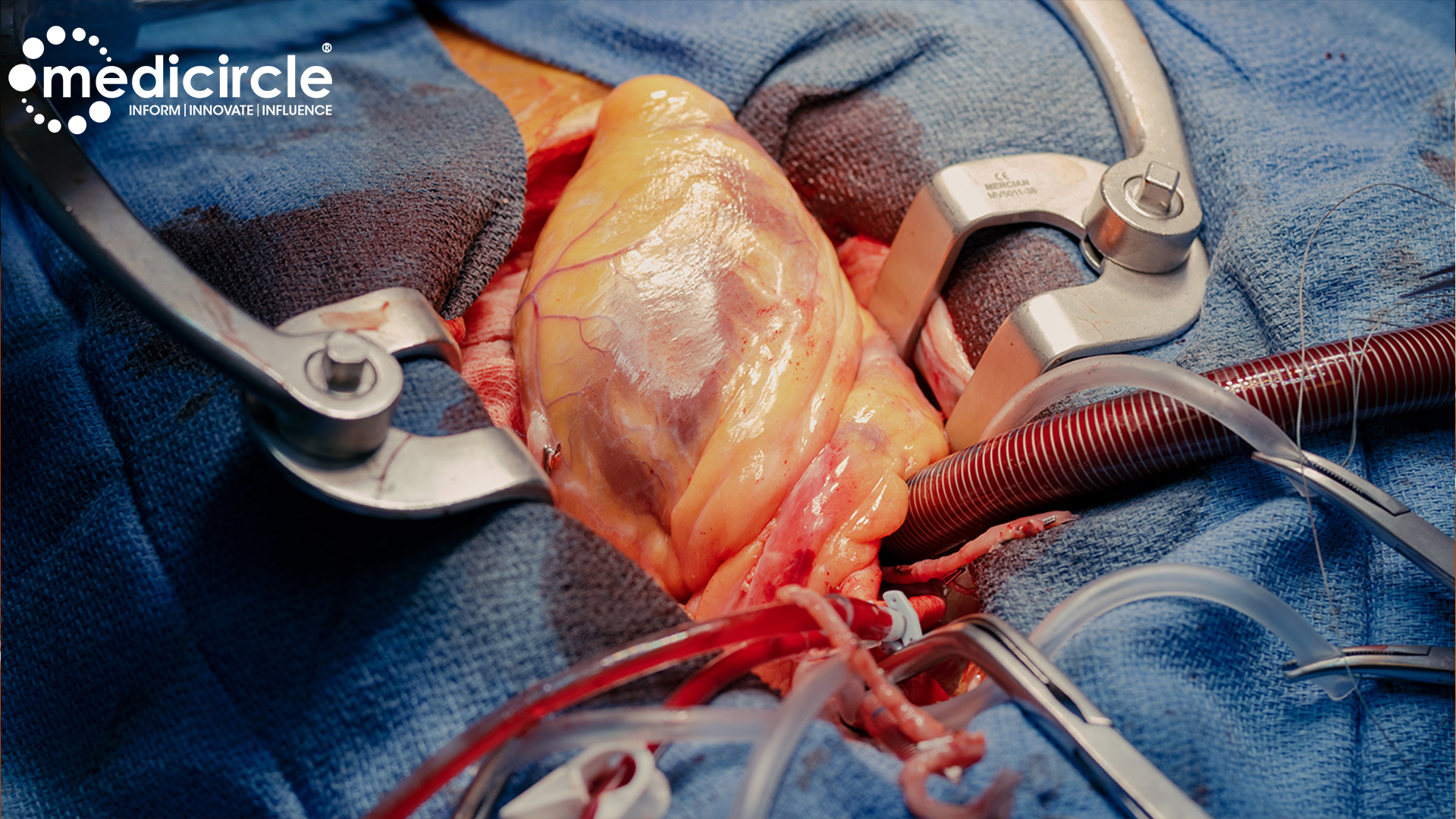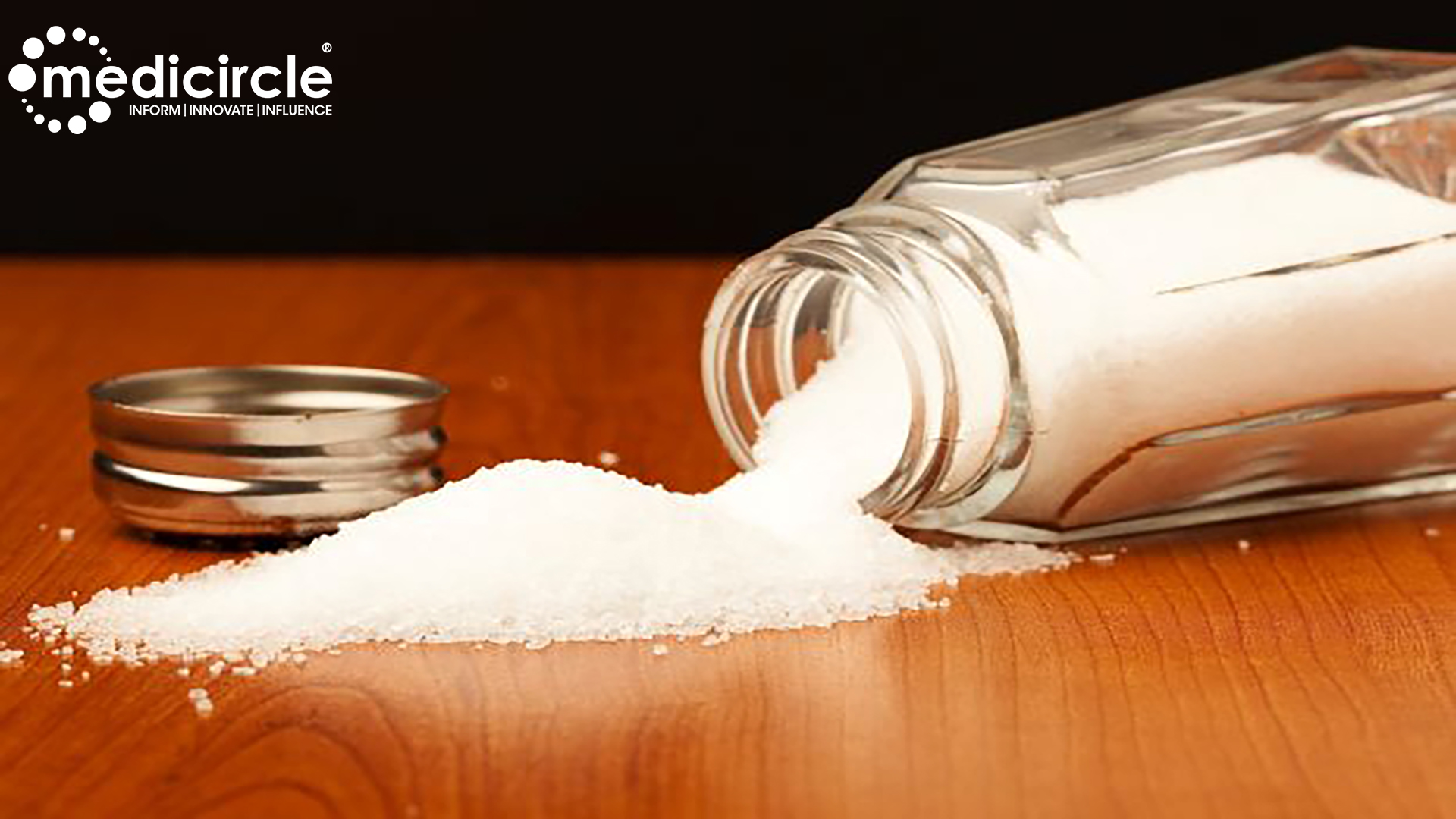The new agreement covers 1.25 million additional doses of the casirivimab and imdevimab antibody cocktail, bringing the total potential U.S. supply to over 1.5 million doses.
Doses are being supplied for use pursuant to the FDA Emergency Use Authorization for high-risk patients with mild to moderate COVID-19 in order to reduce the risk of progression to severe COVID-19 and/or hospitalization
Regeneron Pharmaceuticals, Inc. today announced that the U.S. Department of Health and Human Services (HHS) and the Department of Defense (DOD) will purchase an additional supply of the casirivimab and imdevimab antibody cocktail for use in non-hospitalized COVID-19 patients to meet the federal government's Operation Warp Speed goals. The government has said it will provide these doses at no cost to patients, though healthcare facilities may charge fees related to administration.
Under the new agreement, the government will purchase all finished doses of the casirivimab and imdevimab antibody cocktail delivered by June 30, 2021, up to 1.25 million doses. Under a previous agreement, Regeneron is already supplying doses to treat approximately 300,000 people, bringing the total potential purchase to over 1.5 million doses.
"COVID-19 continues to sicken hundreds of thousands of Americans every day and the people of Regeneron are committed to helping," said Leonard S. Schleifer, M.D., Ph.D., President, and Chief Executive Officer of Regeneron. "Tackling the COVID-19 pandemic will require a combination of public health measures, vaccines, and therapeutics. We are pleased to work with the U.S. government to supply our antibody cocktail as an important weapon in this fight."
The U.S. government has said it will continue to coordinate the allocation of the antibody cocktail to state and territorial health departments. Patients, caregivers, and healthcare providers can find sites with COVID-19 antibody treatments through these links to the HHS or National Infusion Center Association locator tools.
"Patients in our antibody cocktail outpatient clinical trial experienced significant reductions in virus levels and required fewer medical visits for COVID-19, suggesting the therapy can help reduce the current burden on hospitals and healthcare systems," said George D. Yancopoulos, M.D., Ph.D., President and Chief Scientific Officer of Regeneron. "Additionally, as expected, the virus continues to mutate, with the possibility of developing resistance to any one antibody. The Regeneron cocktail of two antibodies, each targeting a different site on the virus, reduces the possibility of the virus becoming resistant."
The casirivimab and imdevimab antibody cocktail continue to be evaluated in clinical trials for the treatment of COVID-19 in certain hospitalized and non-hospitalized patients, including the open-label RECOVERY trial of hospitalized patients in the UK, and a trial for the prevention of COVID-19 in household contacts of infected individuals. To date, nearly 15,000 people have participated in casirivimab and imdevimab clinical trials.
The development and manufacturing of the antibody cocktail have been funded in part with federal funds from the Biomedical Advanced Research and Development Authority (BARDA), part of HHS, Office of the Assistant Secretary for Preparedness and Response, under OT number: HHSO100201700020C.
Details of the New Agreement
The currently authorized dose for emergency use in non-hospitalized patients is 2,400 mg (1,200 mg casirivimab and 1,200 mg imdevimab) administered as a one-time infusion. Regeneron is evaluating the safety and efficacy of a lower 1,200 mg dose (600 mg casirivimab and 600 mg imdevimab) of the antibody cocktail in this 'outpatient' setting.
Under the agreement, the government will acquire doses at the lowest authorized dose. The government is obligated to purchase all finished doses supplied by June 30, up to 1.25 million doses total (an agreement value of up to $2.625 billion), and may accept doses after this date at its discretion. A number of factors may impact available finished supply by June 30, including manufacturing considerations and authorized dose levels. Regeneron expects to supply approximately 750,000 finished doses by the end of June based on the 2,400 mg dose level, with the vast majority supplied in the second quarter. Regeneron expects to fulfill the entire 1.25 million targeted doses if the 1,200 mg dose is authorized.
About the Regeneron Antibody Cocktail for COVID-19
Casirivimab and imdevimab is a cocktail of two monoclonal antibodies (also known as REGN10933 and REGN10987, respectively) and was designed specifically to block the infectivity of SARS-CoV-2, the virus that causes COVID-19. The two potent, virus-neutralizing antibodies that form the cocktail bind non-competitively to the critical receptor binding domain of the virus's spike protein, which diminishes the ability of mutant viruses to escape treatment and protects against spike variants that have arisen in the human population, as detailed in Science.
In November 2020, the casirivimab and imdevimab antibody combination received Emergency Use Authorization (EUA) from the FDA for the treatment of mild to moderate COVID-19 in adults, as well as in pediatric patients at least 12 years of age and weighing at least 40 kg, who have received positive results of direct SARS-CoV-2 viral testing and are at high risk for progressing to severe COVID-19 and/or hospitalization. The clinical evidence from Regeneron's outpatient trial suggests that monoclonal antibodies such as casirivimab and imdevimab have the greatest benefit when given early after diagnosis and in patients who are seronegative and/or who have a high viral load. The criteria for 'high-risk' patients are described in the Fact Sheet for Healthcare Providers. In the U.S., casirivimab, and imdevimab are not authorized for use in patients who are hospitalized due to COVID-19 or require oxygen therapy, or for people currently using chronic oxygen therapy because of underlying comorbidity who require an increase in baseline oxygen flow rate due to COVID-19.
Regeneron is collaborating with Roche to increase the global supply of casirivimab and imdevimab. Regeneron is responsible for the development and distribution of the treatment in the U.S., and Roche is primarily responsible for development and distribution outside the U.S. The companies share a commitment to making the antibody cocktail available to COVID-19 patients around the globe and will support access in low- and lower-middle-income countries through drug donations to be made in partnership with public health organizations.
AUTHORIZED USE AND IMPORTANT SAFETY INFORMATION
Authorized Emergency Use
Casirivimab and imdevimab injection is an investigational combination therapy and has been authorized by the FDA for the emergency use described above. Casirivimab and imdevimab injection are not FDA approved for any use. The safety and effectiveness of casirivimab and imdevimab injection have not yet been established for the treatment of COVID-19.
This authorized use is only for the duration of the declaration that circumstances exist justifying the authorization of the emergency use under section 564 (b)(1) of the Act, 21 U.S.C. § 360bbb-3(b) (1) unless the authorization is terminated or revoked sooner.
Limitations of Authorized Use
- Casirivimab and imdevimab injection is not authorized for use in patients:
- who are hospitalized due to COVID-19, OR
- who require oxygen therapy due to COVID-19, OR
- who require an increase in baseline oxygen flow rate due to COVID-19 in those on chronic oxygen therapy due to underlying non-COVID-19 related comorbidity.
- The benefit of treatment with casirivimab and imdevimab injection has not been observed in patients hospitalized due to COVID-19. Monoclonal antibodies, such as casirivimab and imdevimab, may be associated with worse clinical outcomes when administered to hospitalized patients requiring high flow oxygen or mechanical ventilation with COVID-19.
Definition of High-Risk Patients
High-risk is defined as patients who meet at least one of the following criteria:
- Have a body mass index (BMI) ≥35
- Have chronic kidney disease
- Have diabetes
- Have immunosuppressive disease
- Are currently receiving immunosuppressive treatment
- Are ≥65 years of age
- Are ≥55 years of age AND have
- cardiovascular disease, OR
- hypertension, OR
- chronic obstructive pulmonary disease/another chronic respiratory disease.
- Are 12 – 17 years of age AND have
- BMI ≥85th percentile for their age and gender-based on CDC growth charts, OR
- sickle cell disease, OR
- congenital or acquired heart disease, OR
- neurodevelopmental disorders, for example, cerebral palsy, OR
- a medical-related technological dependence, for example, tracheostomy, gastrostomy, or positive pressure ventilation (not related to COVID-19), OR
- asthma, reactive airway, or another chronic respiratory disease that requires daily medication for control.
Warnings and Precautions:
- Hypersensitivity Including Anaphylaxis and Infusion-Related Reactions: There is a potential for serious hypersensitivity reaction, including anaphylaxis, with the administration of casirivimab and imdevimab injection. If signs or symptoms of a clinically significant hypersensitivity reaction or anaphylaxis occur, immediately discontinue administration and initiate appropriate medications and/or supportive therapy. Infusion-related reactions have been observed with the administration of casirivimab and imdevimab injection. Signs and symptoms of infusion-related reactions may include fever, chills, nausea, headache, bronchospasm, hypotension, angioedema, throat irritation, rash including urticaria, pruritus, myalgia, and/or dizziness. If an infusion-related reaction occurs, consider slowing or stopping the infusion and administer appropriate medications and/or supportive care.
- Limitations of Benefit and Potential for Risk in Patients with Severe COVID-19: The benefit of treatment with casirivimab and imdevimab injection has not been observed in patients hospitalized due to COVID-19. Monoclonal antibodies, such as casirivimab and imdevimab, may be associated with worse clinical outcomes when administered to hospitalized patients requiring high flow oxygen or mechanical ventilation with COVID-19. Therefore, casirivimab and imdevimab injection is not authorized for use in those who are hospitalized due to COVID-19, OR who require oxygen therapy due to COVID-19, OR who require an increase in baseline oxygen flow rate due to COVID-19 in those on chronic oxygen therapy due to underlying non-COVID-19 related comorbidity.
Adverse Reactions:
- Serious adverse events (SAEs) were reported in 4 (1.6%) patients in the casirivimab and imdevimab injection 2,400 mg group, 2 (0.8%) patients in casirivimab and imdevimab injection 8,000 mg group, and 6 (2.3%) patients in the placebo group. None of the SAEs were considered to be related to the study drug. SAEs that were reported as Grade 3 or 4 adverse events were pneumonia, hyperglycemia, nausea, and vomiting (2,400 mg casirivimab and imdevimab injection), intestinal obstruction, and dyspnea (8,000 mg casirivimab and imdevimab injection) and COVID-19, pneumonia, and hypoxia (placebo). Casirivimab and imdevimab injections are not authorized at the 8,000 mg dose (4,000 mg casirivimab and 4,000 mg imdevimab).
Patient Monitoring Recommendations: Clinically monitor patients during infusion and observe patients for at least 1 hour after the infusion is complete.
Use in Specific Populations:
- Pregnancy: There is currently limited clinical experience in the use of casirivimab and imdevimab injection in COVID-19 patients who are pregnant. Casirivimab and imdevimab injection therapy should be used during pregnancy only if the potential benefit justifies the potential risk for the mother and the fetus.
- Nursing Mothers: There is currently no clinical experience in the use of casirivimab and imdevimab injection in COVID-19 patients who are breastfeeding. The development and health benefits of breastfeeding should be considered along with the mother's clinical need for casirivimab and imdevimab injection and any potential adverse effects on the breastfed child from casirivimab and imdevimab injection or from the underlying maternal condition.
About Regeneron
Regeneron is a leading biotechnology company that invents life-transforming medicines for people with serious diseases. Founded and led for over 30 years by physician-scientists, our unique ability to repeatedly and consistently translate science into medicine has led to eight FDA-approved treatments and numerous product candidates in development, all of which were homegrown in our laboratories. Our medicines and pipeline are designed to help patients with eye diseases, allergic and inflammatory diseases, cancer, cardiovascular and metabolic diseases, pain, infectious diseases, and rare diseases.
Regeneron is accelerating and improving the traditional drug development process through our proprietary VelociSuite® technologies, such as VelocImmune, which uses unique genetically-humanized mice to produce optimized fully-human antibodies and bispecific antibodies, and through ambitious research initiatives such as the Regeneron Genetics Center, which is conducting one of the largest genetics sequencing efforts in the world.
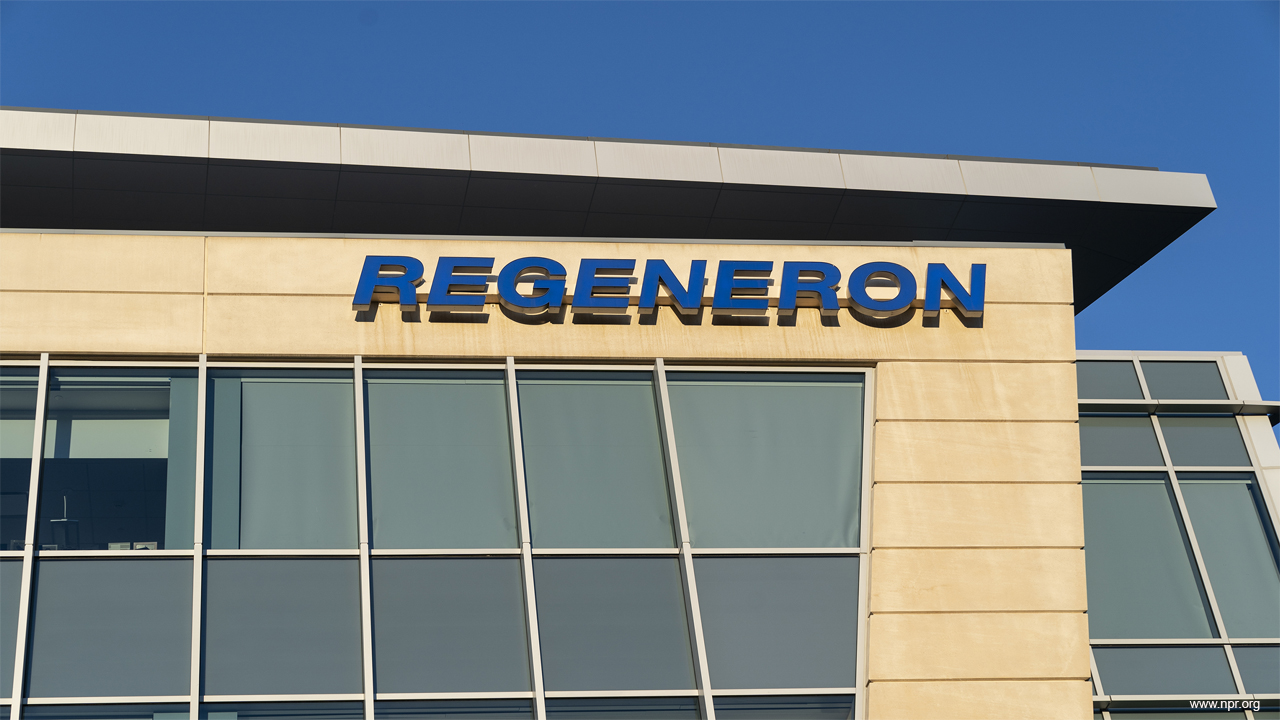
 The new agreement covers 1.25 million additional doses of the casirivimab and imdevimab antibody cocktail, bringing the total potential U.S. supply to over 1.5 million doses.
The new agreement covers 1.25 million additional doses of the casirivimab and imdevimab antibody cocktail, bringing the total potential U.S. supply to over 1.5 million doses.



















